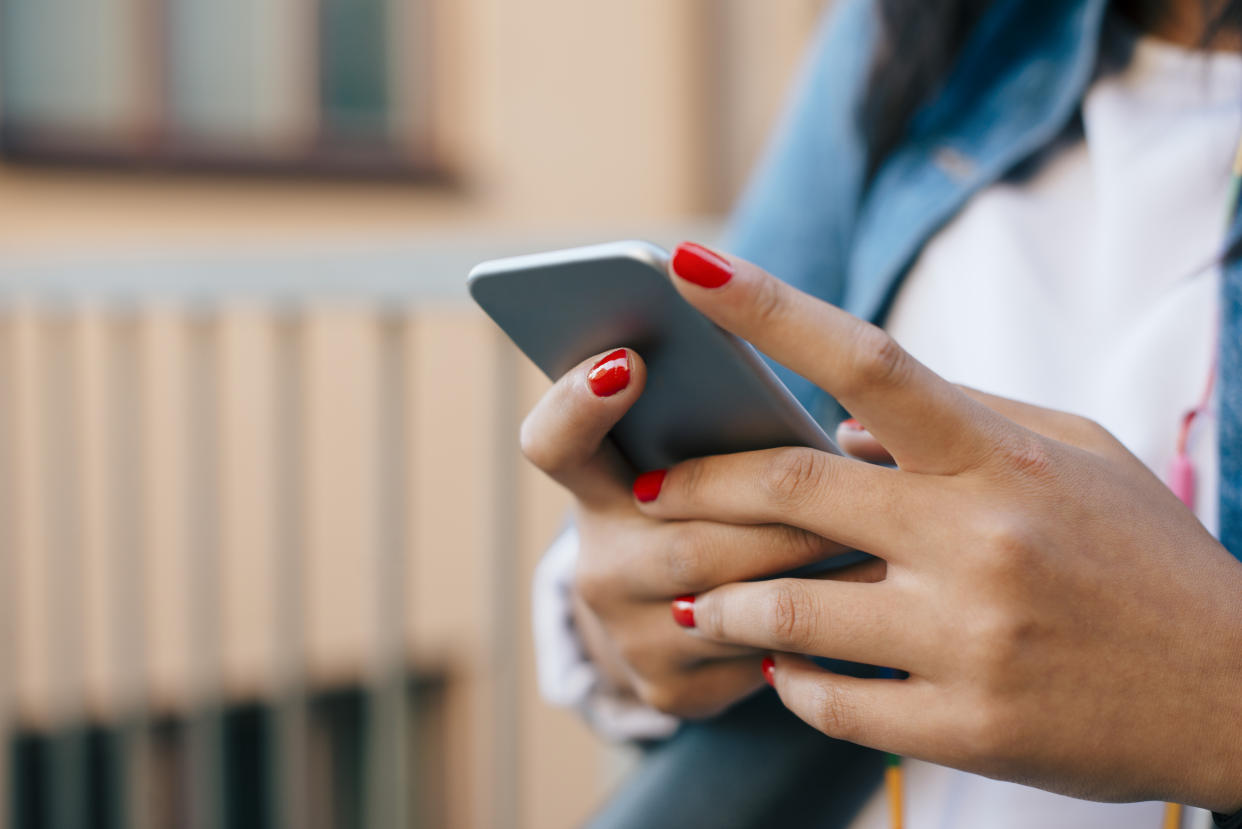How to stay positive in a negative news cycle: 'We are in this together'

Reese Witherspoon captured the cultural mood of our political, environmental and coronavirus-obsessed news cycle: overwhelmed.
“This morning, a friend said to me, ‘I can see you are overwhelmed. Just take a moment’ and I started to cry,” the actress wrote on Instagram Wednesday. “I just felt so heavy-hearted. There is so much happening... a devastating storm in my hometown of #Nashville, people suffering from a mysterious illness, people arguing over political ideology. So much hate and tension and discord. Honestly, this week has been a lot. And it’s only Wednesday.”
Witherspoon continued, “Days, weeks, months like this make me want to crawl in a hole. But my friend offered me a moment. To just feel sad. So I wanted to offer it to you all. A moment or a day or a week. Take what you need. Remember that pain is inevitable. But friends who hold your hand and kids who laugh at silly jokes and sunsets that light up the sky and chocolate chip cookies are very real too. We are in this together. Let’s take care of each other. And remind each other of all the GOOD.”
Simple reassurance during very shaky times — an unpredictable presidential race, a debate over the scientific reality of climate change and panic over a viral outbreak that currently has no vaccine or medical treatment. Buzzwords “eco-anxiety” and “election stress disorder” encapsulate how headlines affect mental health and recently, the American Psychological Association (APA) published a guide for how to “manage your anxiety” toward the coronavirus news coverage.
Additionally, a 2019 APA survey found that healthcare costs, mass shootings and the elections (both in 2016 and in 2020) were major stressors. And staying informed can come with a cost. Out of those surveyed, 72 percent said the “media blow things out of proportion” and 54 percent felt stress while reading the news.
According to Vaile Wright, PhD, the director of clinical research and quality at the APA, feeling panicked and overwhelmed are natural responses to uncertainty. “But there’s a difference between preparation — listening to the Centers for Disease Control and making contingency plans — and being hyper-aware,” she tells Yahoo Lifestyle.
The ways in which we socialize matter, says Wright. “It’s OK to discuss stressful parts of life with friends but when there’s less bonding and more dumping, that can increase anxiety.” So, if you live in Connecticut and just learned that Italy — reportedly the “worst-affected country” outside of Asia regarding the coronavirus — temporarily closed its schools, sharing that with your local mom group might raise stress levels unnecessarily. Same for stockpiling face masks (despite the CDC declaring them unnecessary for healthy people) or buying products that falsely claim to treat the illness. And on social media, posting coping strategies is better than coronavirus conspiracy theories.
Wright says acknowledging what’s within our control can be calming. “We can’t control which candidate drops out of the race —but we can control our vote,” she says, adding that the act of voting reduces stress because it helps “contribute to a meaningful outcome.”
Then there’s statistics. Johns Hopkins University reports more than 150 U.S cases and 11 deaths and per the CDC, older people or those with underlying health problems or compromised immunity may be at greater risk. “It’s good to read data specific to one’s population,” Sheldon Jacobson, PhD., a data scientist at the University of Illinois at Urbana-Champaign, tells Yahoo Lifestyle. “Also, the coronavirus data is a bit misleading because we don’t have wide-spread testing available and asymptomatic people may also have it.”
“Much of the fear surrounding the coronavirus is figuring it out in real-time,” he adds, “And that’s why the numbers seem so frightening to people...this is a bad situation, but it’s not something that everyone will get.” Jacobson says common-sense measures like healthy eating, exercise and hand-washing are people’s best bets.
Above all, unplug by either specifying time to read headlines or turning off your phone, says Wright. “Most people don’t need to know breaking news as it happens.”
Read more from Yahoo Lifestyle:
Match.com CEO resigns to prioritize health, says 'personal needs' matter at work
What is community spread? Experts weigh in on how to prepare for coronavirus
1st U.S. death from the coronavirus reported in Washington state
Want daily pop culture news delivered to your inbox? Sign up here for Yahoo Entertainment & Lifestyle's newsletter.
